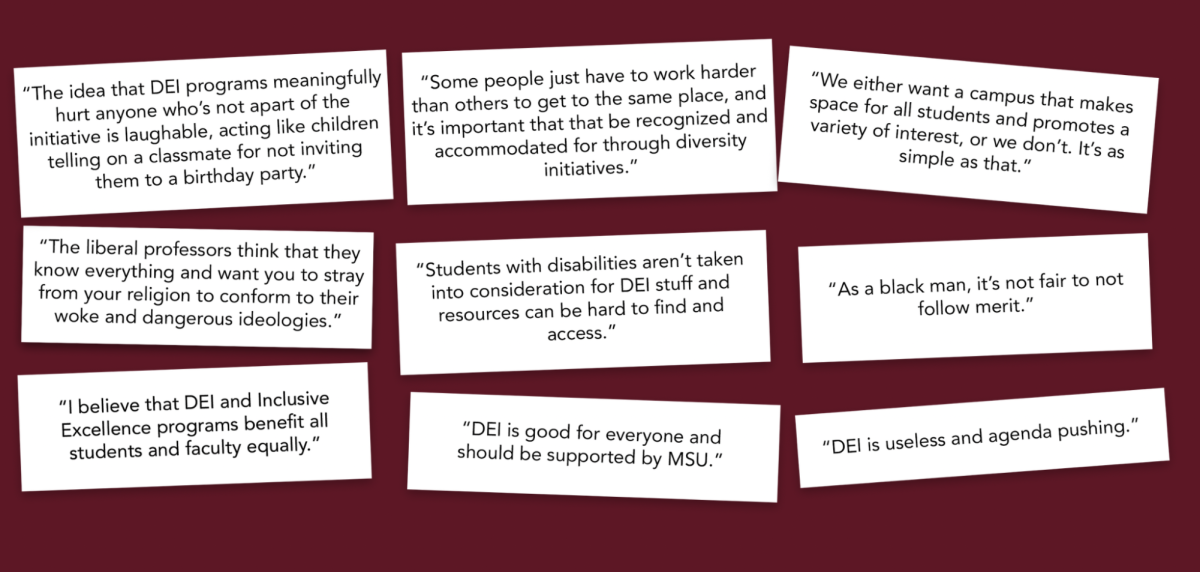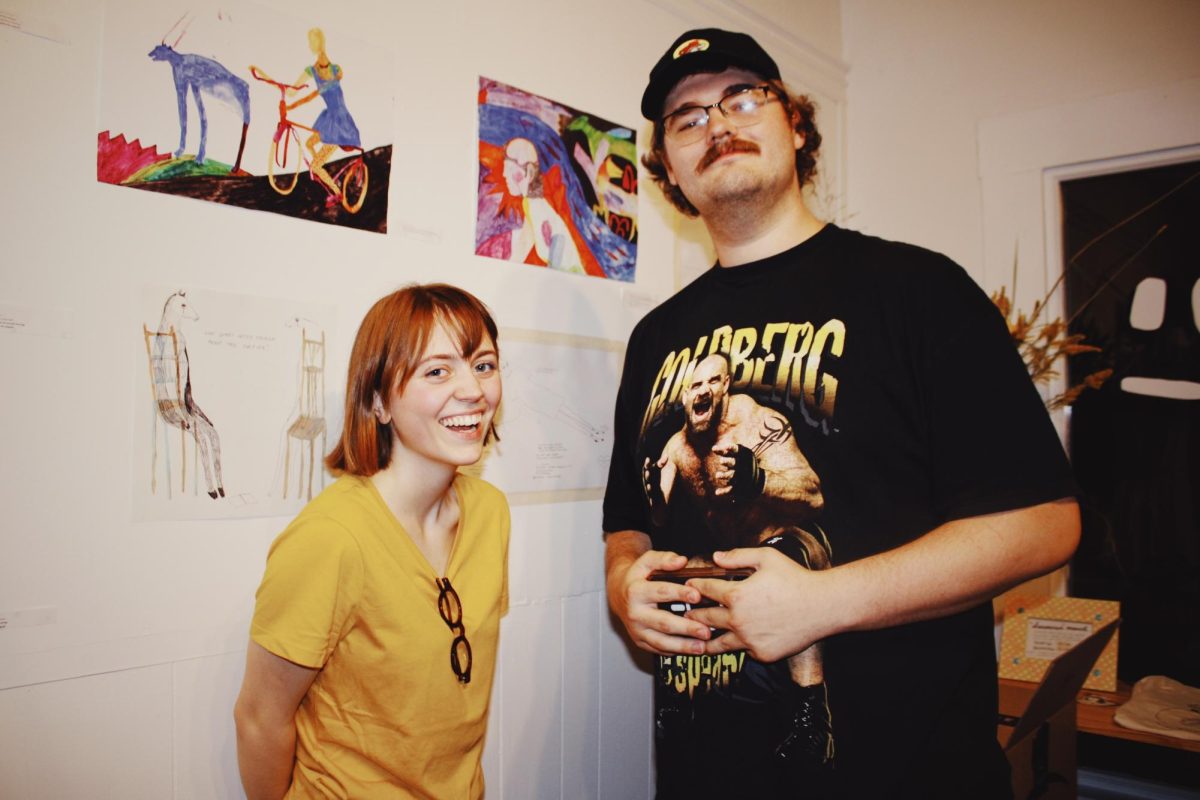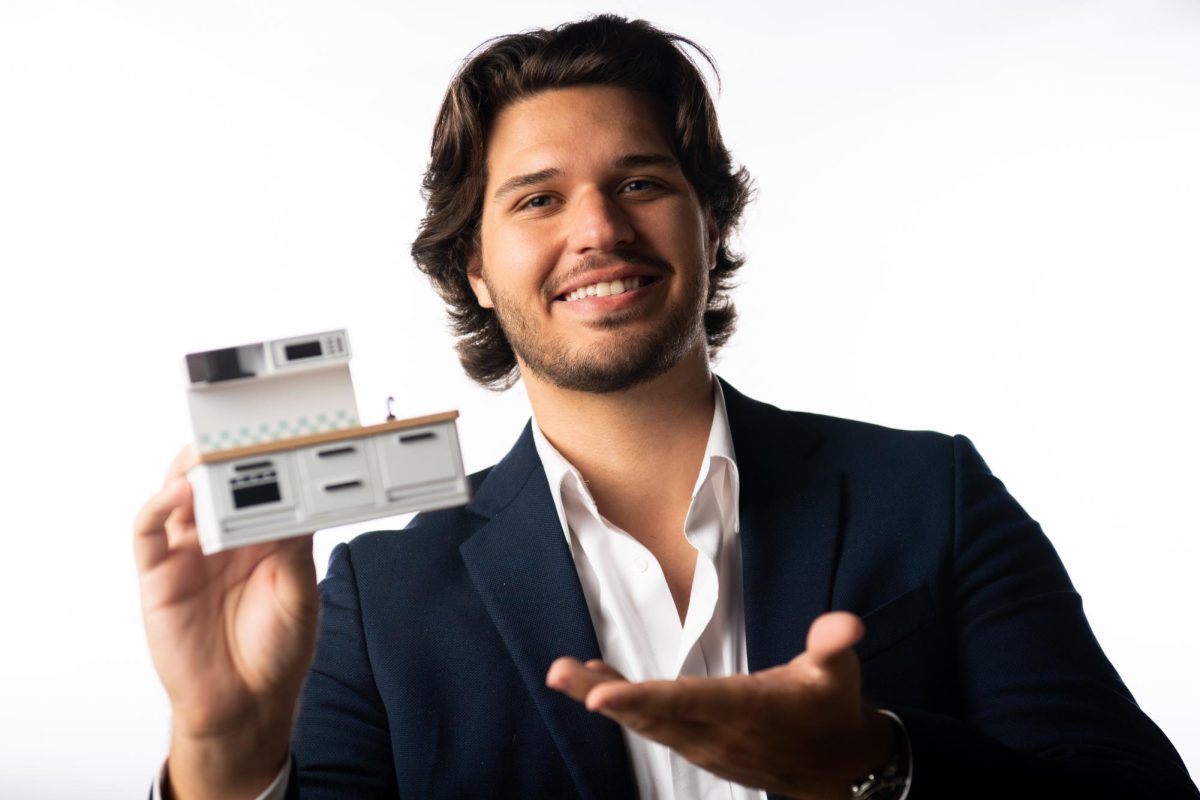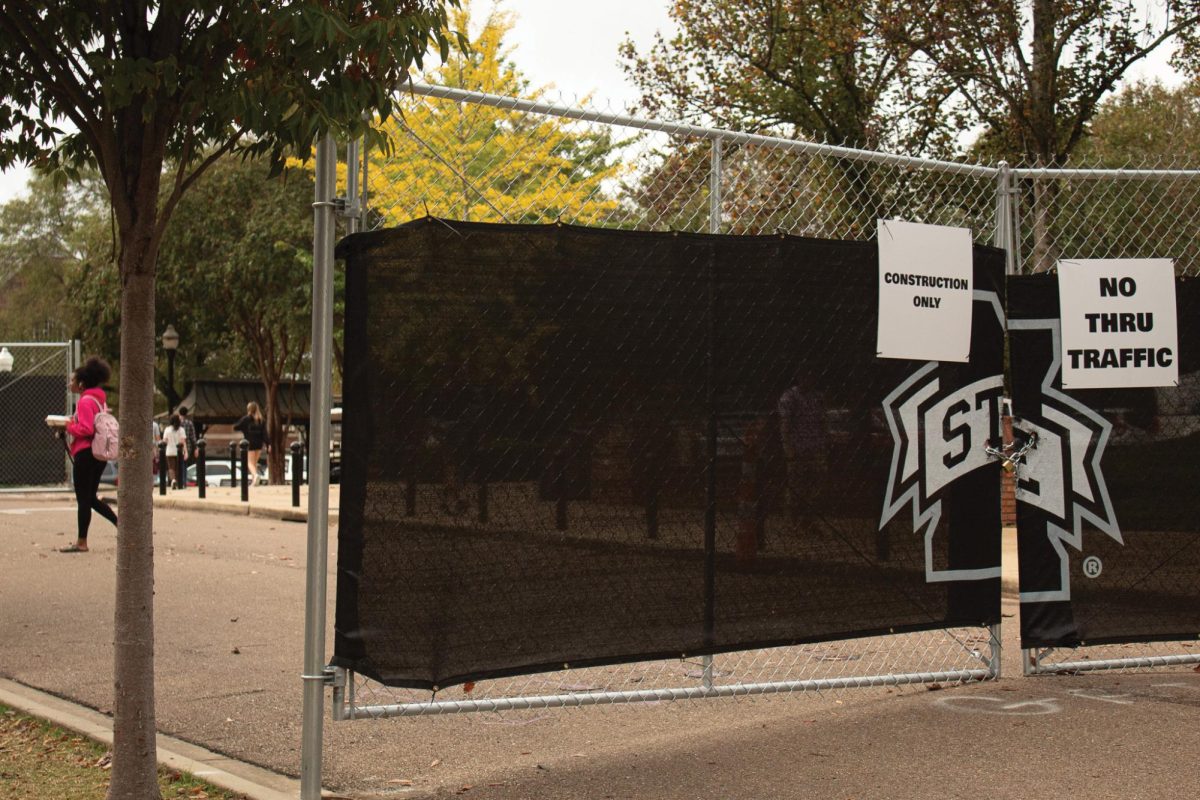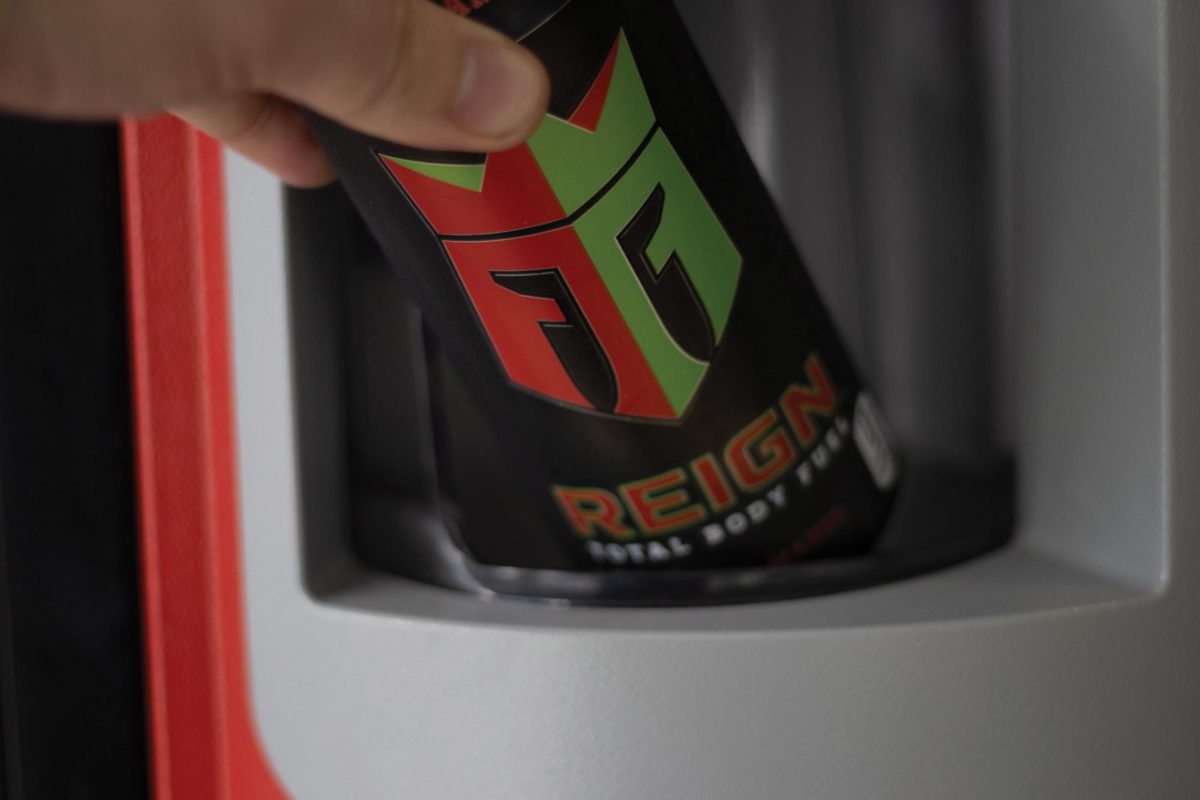George Awuni, an assistant research professor in the department of plant and soil sciences in Mississippi State University’s College of Agriculture and Life Sciences, works consistently with soybean production and technology to improve food security in Ghana. Since Awuni is from Northern Ghana, he has a personal stake and purposeful grit in his work.
Awuni’s day-to-day work looks different with each half of the year.
“Between May and December, I spend in Ghana working in a research institute conducting research trials. The U.S. is far advanced in soybean production: 2.8-3 tons per hectare. While in Ghana they only yield 0.6 of a ton per hectare,” Awuni said.
Awuni is working on increasing the yield of soybeans in Ghana to help with food security. According to Awuni, an obstacle to this is the acidic soil soybeans are grown in that causes the soybeans to be inedible.
“The soils are not very good; they are acidic. Most have a pH between 4.9 to 5.2. We are introducing elements such as phosphorus and potassium to make the soil more basic. Typically, we have been getting soybean yields of 2.0-2.5 tons per hectare,” Awuni said.
Awuni is passionate about his work for many reasons, but his main motivation lies in that he came from Ghana and understands the feeling of not knowing if he will go to bed hungry at night. He has the heart to give back to his community.
“I have grown from grass to grease. Ghana is a poverty-stricken area, and soybeans provide a high-protein, reliable food source for the community. I want to give back somehow in a little way,” Awuni said.
Awuni wants to go further than just providing more for his country; he wants to provide the tools and technology to make it possible for his countrymen to provide for themselves. If money is depleted, he wants the farmers to be able to produce enough for food as well as be able to make money.
“I can use the technology that I have acquired from MSU, back into my country to help people. When the yield goes up, the farmers will use some money to provide nutrition to their kids and also reserve some,” Awuni said.
Awuni’s work does come with some hard aspects. He is torn between the U.S. and Ghana. When he is in one country, he misses his family who lives in the other.
“Sometimes I miss my family. I have my wife and two girls here in the U.S., but I also have two boys in Ghana. So I’m torn between missing my family for half of the year and missing the other during the other half of the year,” Awuni said.
One of Awuni’s daughters is a student at MSU. Urita Agana, a senior biochemistry major, is proud of her father’s work.
“I feel good about it. I am happy that he enjoys his work, and he actually has passion for what he is doing. I’m glad he looks forward to doing his work every day. He has helped a lot of people grow soybeans, which is important,” Agana said.
Awuni’s hard work has influenced Agana, but she does not want to follow his exact footsteps.
“He has influenced me, but not in the way that I would want to go into agriculture or farming. But he did have an impact because when he first started here, I would go into his office and see him work, and I thought it was cool. I always knew I wanted to go into science. I do want to go into research,” Agana said.
Agana is not the only person who has been influenced by Awuni. Daniel Reynolds, executive director of the international institute, said he is grateful he gets to work closely with Awuni developing protocols.
“I may give some vision to the work, but he is the heart and feet to the work. He puts action to our ideas. I’ve learned a tremendous amount from him,” Reynolds said.
Reynolds not only enjoys working with Awuni because of his goals and work ethic but because of his positive attitude.
“He has a can-do attitude,” Reynolds said. “It doesn’t matter how big the task or how glamorous the project might be, he accepts it with enthusiasm. He will go through whatever difficulties we need to go through to achieve the objective.”
MSU professor from Ghana works for advancement of his hometown community
0
More to Discover





